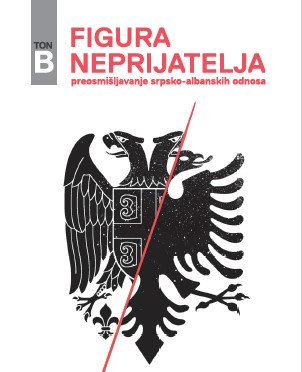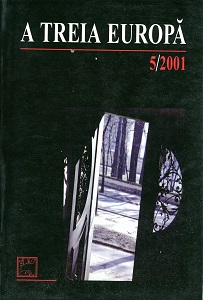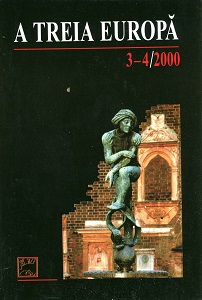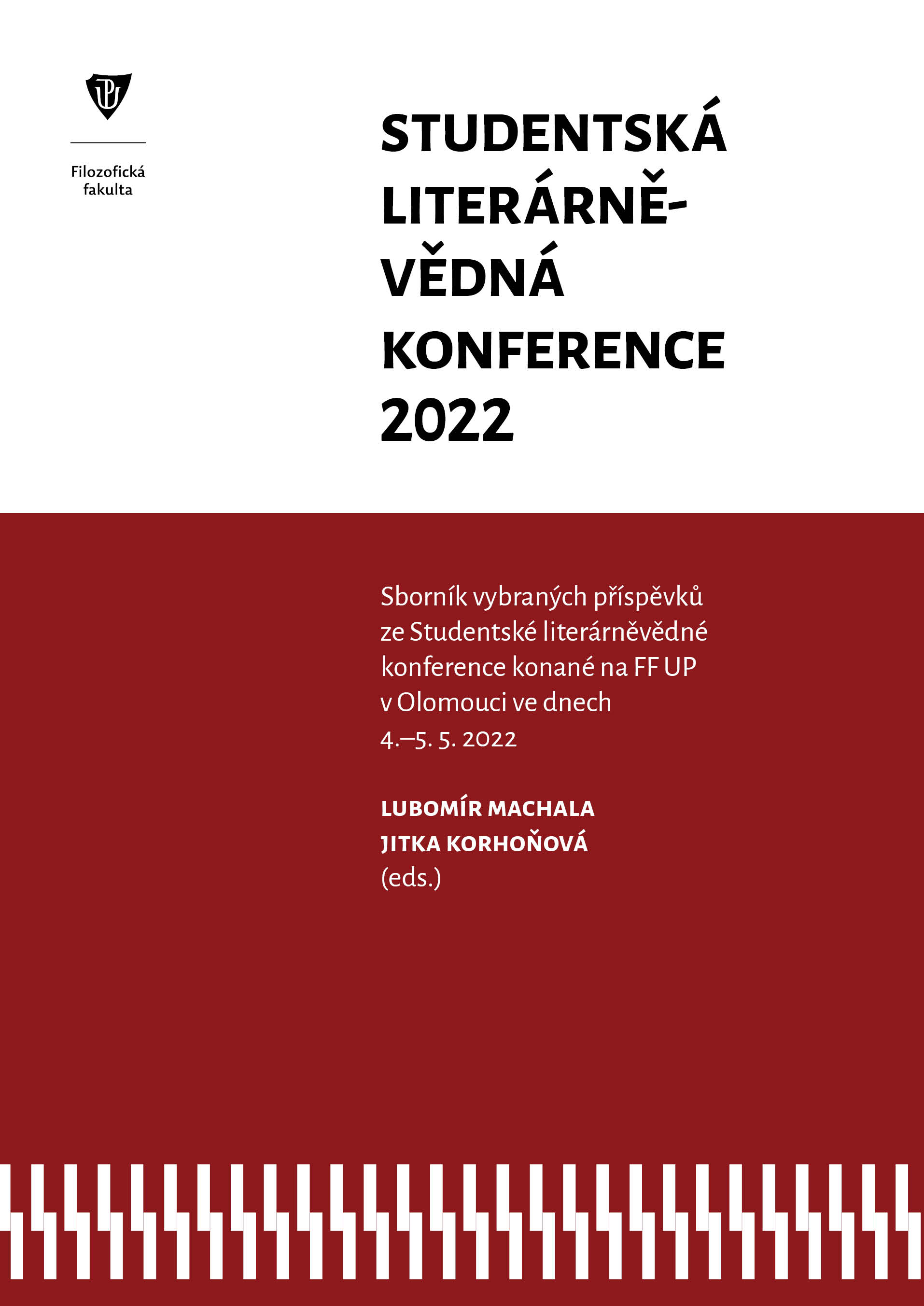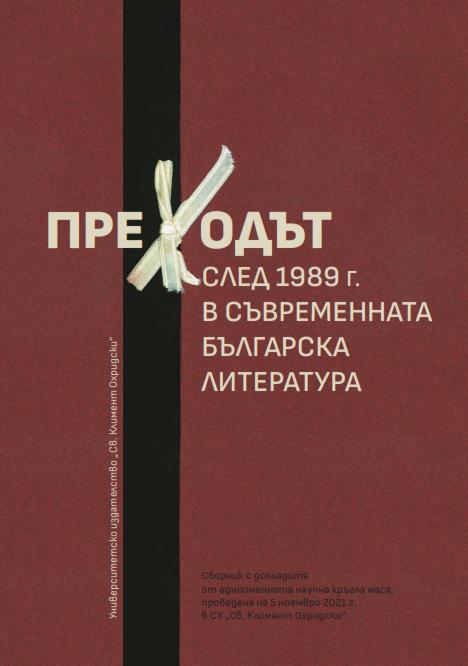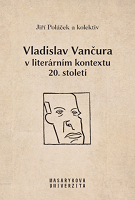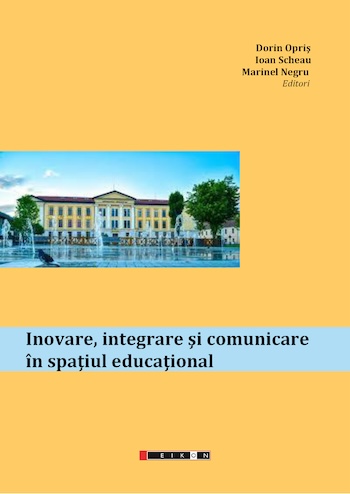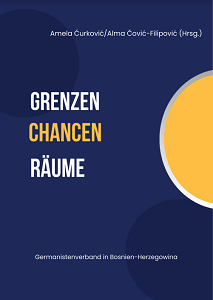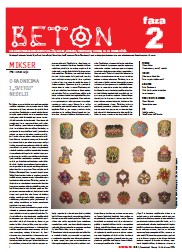
BETON - Kulturno propagandni komplet br. 228, god. XV, Beograd, ponedeljak/utorak, 15-16. februar 2021.
MIKSER, Dušan Grlja: O radnicima i „svetoj“ nedelji; CEMENT, Pobunjene čitateljke: Žene ne pišu književnost?; ARMATURA, Anke Vandereet: Priče ljudi u pokretu koji žive izvan kampova; VREME SMRTI I RAZONODE, Eboni Stjuart: Saosećajni zamor; ZID, Izložba radova Saše Markovića Mikroba
More...
